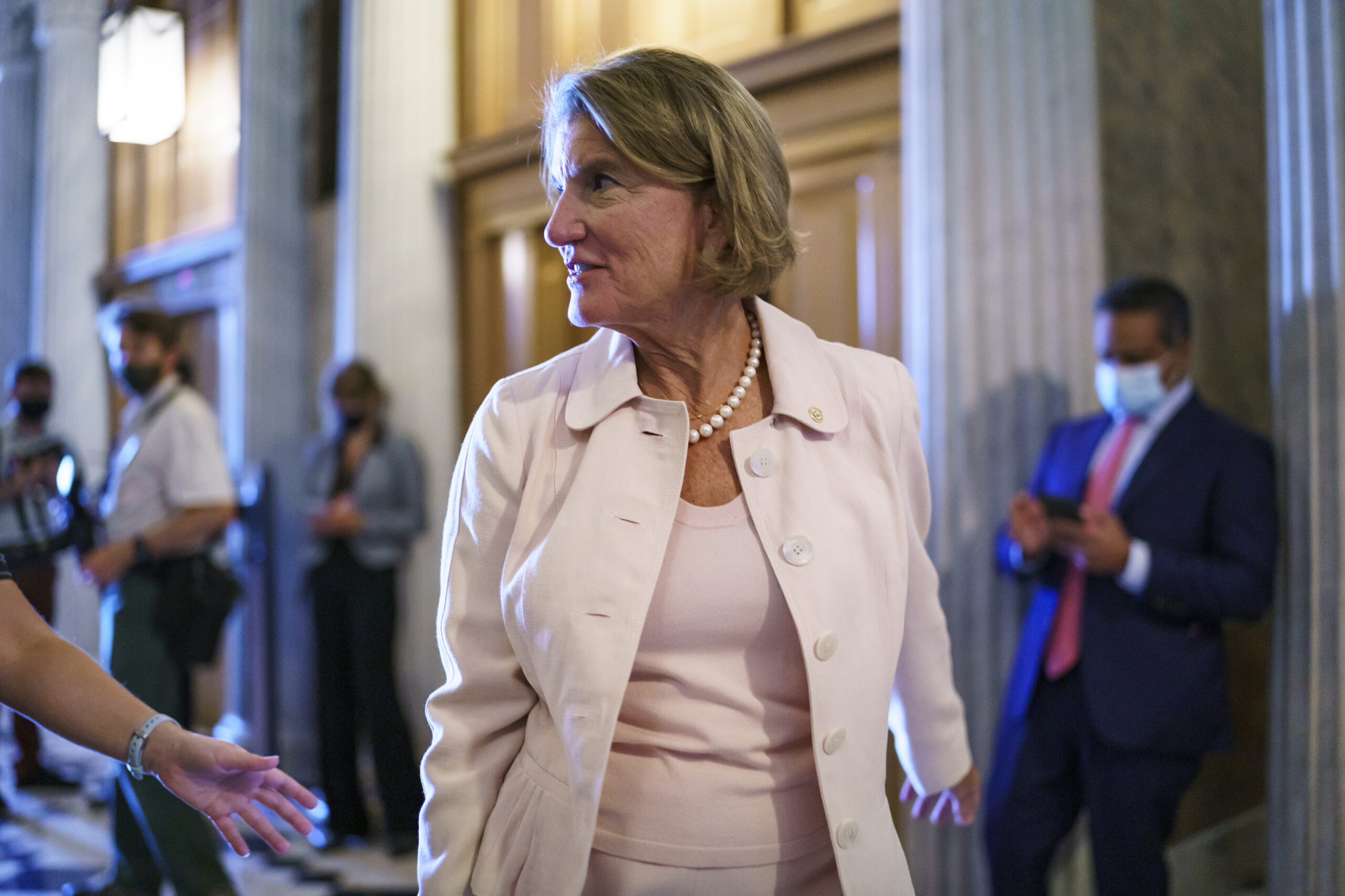WASHINGTON, D.C. — U.S. Senator Shelley Moore Capito (R-W.Va.), Ranking Member of the Senate Appropriations Subcommittee on Labor, Health and Human Services, Education, and Related Agencies (Labor-HHS), announced five funding awards from the U.S. Department of Health and Human Services (HHS) for substance use treatment and prevention, as well as programs that aim to help children with family members dealing with substance use disorder.
These awards, which were secured through Congressionally Directed Spending (CDS) requests made by Sen. Capito in Fiscal Year 2024 (FY24), will be used to support community-based services that support treatment for individuals dealing with addiction and programs that aim to reunite children with parents who have previously suffered from addiction.
“Whether it has been losing a loved one to an overdose or watching someone fall into the throes of addiction, the opioid crisis has affected far too many West Virginians,” Capito said. “Together, these CDS awards will help ensure that those struggling with addiction have an outlet for treatment that sets them on a path to recovery and that children in tough circumstances have more opportunities to reach their full potential. I have long-worked with organizations like the Martinsburg Initiative and Lily’s Place and seen firsthand the impactful work being done by these organizations and was proud to advocate for the support they need to and expand their missions.”
Individual awards:
- $1,000,000 HHS CDS award to Marshall University’s Center of Excellence for Recovery, which will work to increase collaboration with community agencies to develop and examine a wraparound model that will serve children affected by parental substance use disorder. The model will provide intensive care coordination and related services to strengthen family functioning to improve the child’s well-being, safety and permanency.
- $838,000 HHS CDS award to Lauren’s Wish Addiction Triage Center, Inc. (Kingwood) to provide a safe space for clients seeking and/or waiting for treatment for substance use disorder. This organization provides temporary housing for those seeking substance use disorder treatment to ensure a safe space while waiting on placement. The service provided is crucial for people seeking recovery, as beds are not always immediately available. It is a much-needed missing link in the chain of an individual’s recovery path, as it can provide a space where there is no longer access to the social network and environment that contributed to a user’s substance use disorder.
- $395,000 HHS CDS award to Lily’s Place, Inc. (Huntington) to provide community-based resources that promote healthy, sustainable families. In order to provide wraparound services that complement the existing Neonatal Abstinence Syndrome Treatment Center, behavioral health center, children’s center and future residential treatment center, Lily’s Place intends to open a community resource center. This resource center would focus on Medication Assisted Treatment (MAT), services for fathers, employment services, prevention, education and research.
- $200,987 HHS CDS award to the Martinsburg Initiative, Inc. to sustain and expand WVU Medicine’s efforts to increase access to addiction services and harm reduction in the Eastern Panhandle. The project will increase access to treatment and harm reduction services, which will reduce mortality and secondary harms associated with substance use disorder and increase the likelihood of sustained recovery. The project will provide an Addictions Program Coordinator and Program Supervisor to oversee and expand current addiction services within Berkeley and Jefferson Medical Centers and the community setting. Both will conduct regular needs assessments and lead the expansion of peer recovery services to outpatient clinics and the community.
- $127,000 HHS CDS award to Jacob’s Ladder Assistance Fund, Inc. (Martinsburg) to provide parenting education and training to individuals in substance use treatment to facilitate family reunification and prevention of generational repetition of childhood adverse events. The Ending Generational Adverse Childhood Experiences (ACEs) program at Jacob’s Ladder will allow for individuals in its six-month treatment facility to attend certified parenting education classes, combined with individual therapy sessions to explore the attendee’s own childhood adverse events and the subsequent adverse events that their current substance use disorder is creating for their children. Providing parenting education, ACEs education and individual therapy sessions to individuals in treatment will aid the state in its number one goal of reunification.




